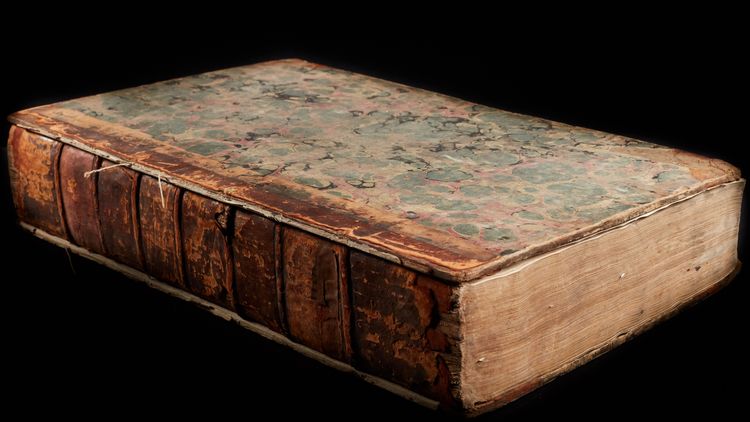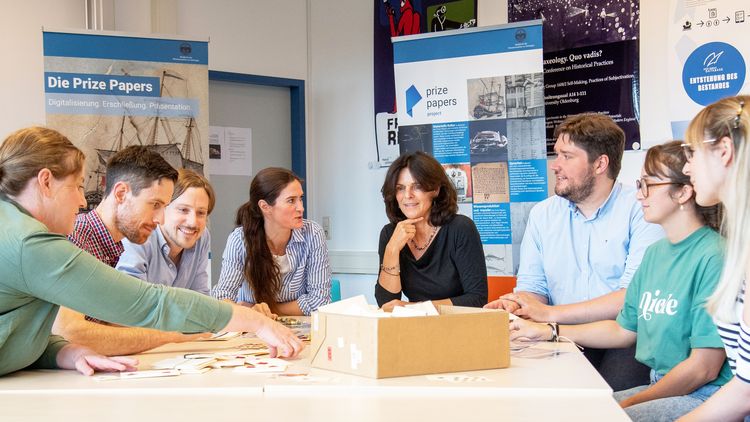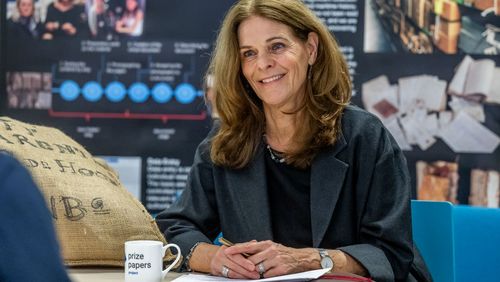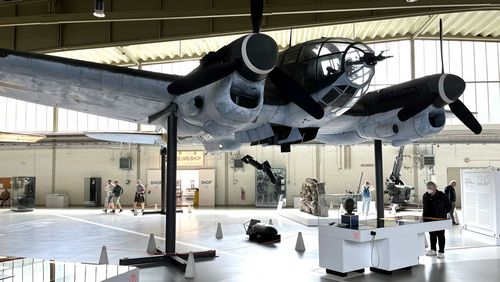Capturing "enemy" ships and their cargo was once considered a legitimate tactic of warfare - including an own jurisdiction. The open-access portal of the Academy project "Prize Papers" launches today with deep insights into about 1,500 capture trials.
Centuries-old documents related to the capture of ships by the British are accessible online from today, for the use of international researchers. The “Prize Papers” Project of the Academy of Sciences and Humanities Göttingen is, as a first stage, making available online documents from court processes linked to approximately 1,500 ship captures between 1793 and 1815. The act of capturing ships, as so-called prize, was once a common practice during the conduct of war by legitimate means. Since 2018, the research project aims at the cataloguing and digitisation of the “Prize Papers” in their entirety, which were originally drawn up for or during court processes related to ship captures by the English or British between 1652 and 1817. The project, situated at the University of Oldenburg as well as at The National Archives, UK (TNA), is funded by the Academies Programme of the Union of the German Academies of Sciences and Humanities which in turn is, in equal parts, financed by the Federal Government of Germany and the state of Lower Saxony. The project co-operates closely with the German Historical Institute London, as well as the VZG, the Head Office of the Common Library Network in Göttingen (VZG) in Göttingen, who provide their IT expertise.
In total, The National Archives’ collection of Prize Papers comprises documents from 14 naval wars which England or Great Britain participated in and that resulted in more than 35,000 ships being captured. By 2037, the English-language open-access portal will be gradually extended to ultimately grant access to the entire archival “Prize Papers” collection as approximately 3.5 million digital copies in 19 different languages. “In addition to the trial records, the body of evidence, which consists of confiscated ships papers as well as a wide range of items, promises unique discoveries for the international research”, says the director of the project, historian Prof. Dr Dagmar Freist.
The digital copies that are now accessible via the research portal include 55 so-called case books. These comprise printed copies of documents from appeal cases that were held between 1793 and 1815 and are related to the prize appeals and evidence of approximately 1,500 captures, originally heard at the High Court of Admiralty in London or the assigned Vice-Admiralty Courts in the colonies, including those in the Caribbean and the Northwest Atlantic.



![[Translate to English:] [Translate to English:]](/fileadmin/_processed/5/a/csm_Prize-Papers-schiffszeichnungen_d699a71334.jpg)


